More often than not, medical technology is the precursor for consumer tech. Currently, there is a joint effort between Israeli and American researchers from Stanford University to develop solar-powered retinae that will hopefully cure blindness caused by retinal disease. The implants would stimulate nerve cells in the eye, causing them to function and process data again. While this isn’t being looked at as a cure for blindness at birth, it is a step in the direction of science being in control of replacing or enhancing missing senses.
Things like macular degeneration (usually age related and the leading cause of blindness in older people in the United States) are being heavily researched in order to find technological solutions. While wearing protective lenses now, such as GUNNAR Optiks, might reduce your risk for eye problems in the future, you can’t fight genetics. We spend much more time in front of digital screens, which may lead to earlier eye problems if not protected (such as computer vision syndrome) but if your DNA is pre-coded to have eye problems, there isn’t much you can do. Yet.
A team of DARPA-funded researchers from the United States and Switzerland led by University of California San Diego Professor Joseph Ford have created a telescopic lens. The lens can switch between normal and magnified vision. Right now the application for this lens is macular degeneration (AMD) patients, but one could easily shift the application to consumer technology. I can see Google acquiring the patents and putting the internet in your eyeball. You don’t need science-fiction novels to imagine that happening.
“In the future, it will hopefully be possible to go after the core of the problem with effective treatments or retinal prosthetics,” says Eric Tremblay of the École Polytechnique Fédérale de Lausanne (EPFL) in Switzerland. “The ideal is really for magnifiers to become unnecessary. Until we get there, however, contact lenses may provide a way to make AMD a little less debilitating.” And after AMD is less debilitating, the focus will most likely shift to casual and consumer technology.
It is logical to hypothesize that once an affordable and mass produced bionic eye implant for medical purposes is well established in the market, that bionic eye research will turn to enhancement. Those without medically related eye issues (such as macular degeneration and so on) will be able to purchase bionic eyes to enhance their vision. Anything from being able to zoom, to infrared and anything else you can imagine will be researched. There will be a time when we can replace our boring flesh eyes with bionic eyes capable of things only expressed in science fiction and comics. Until that point though, if you want to enhance your vision without replacing your eyes, GUNNAR Optiks can help.

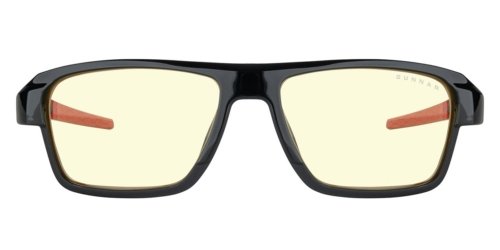
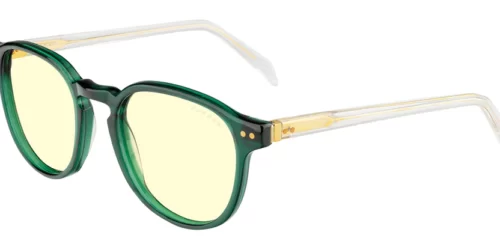
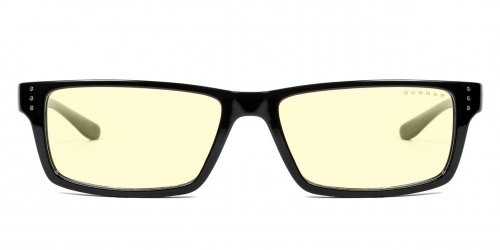
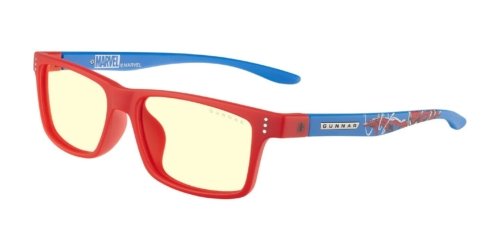
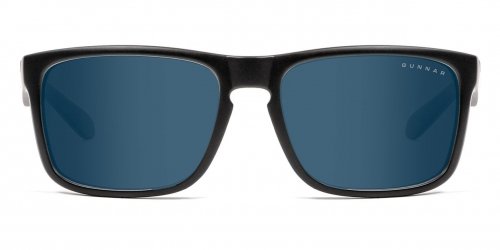
There are no reviews yet.